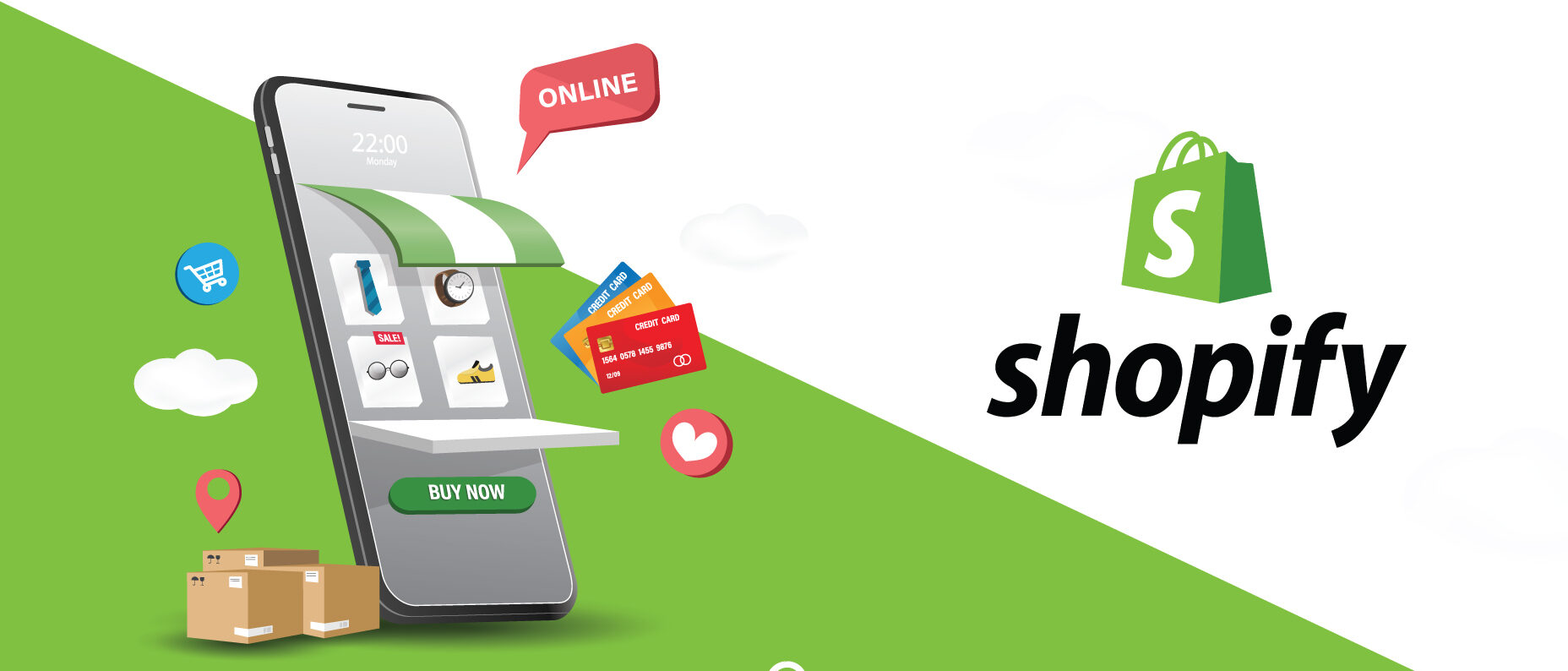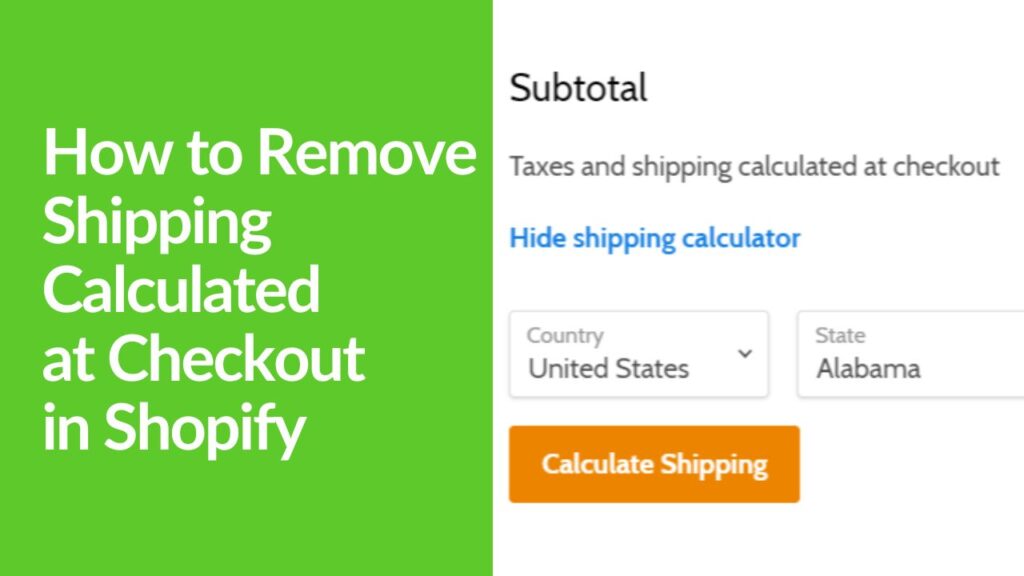E-commerce platforms offer a convenient and efficient way for entrepreneurs to sell their products and services online. In today’s digital age, having an online presence is not just an option for small businesses; it’s a necessity. But with so many e-commerce platforms out there, how do you choose the right one for your business? It’s like finding the perfect pair of shoes in a store filled with endless options. You want something that fits just right, offers comfort, and looks good—all without breaking the bank. In this article, we’ll explore some of the top e-commerce platforms for small businesses that cater specifically to the needs of small businesses.
Key Points:
- E-commerce platforms provide the foundational framework for managing online retail businesses.
- Choosing the right platform is crucial for seamless operations and customer satisfaction.
- Factors such as ease of use, pricing, customization options, scalability, payment gateways, and customer support should guide your decision.
- Balancing immediate needs with future growth is essential when selecting an e-commerce platform.
Top E-commerce Platforms for Small Businesses
In today’s digital age, having a strong online presence is essential for small businesses to thrive. Let’s explore some of the top e-commerce platforms for small businesses that cater specifically to the needs of small businesses, offering a range of features and benefits to help them succeed in the competitive online marketplace.
Shopify: The All-in-One Solution
When it comes to simplicity and versatility, Shopify stands out as the Swiss Army knife of e-commerce platforms. Whether you’re just starting out or looking to expand your online store, Shopify provides an all-in-one solution with user-friendly tools for payment processing, inventory management, and order fulfillment. Its intuitive interface makes it easy to set up and customize your store without the need for extensive technical knowledge, making it an ideal choice for small businesses looking to hit the ground running.
WooCommerce: The Customizable Plugin
For businesses already utilizing WordPress for their website, WooCommerce offers a seamless integration to transform your site into a fully functional online store. Think of it as adding a turbocharger to your existing car – with WooCommerce, you can harness the power of WordPress’s flexibility and customization options to create a unique and tailored e-commerce experience for your customers.
From customizable themes to extensive plugin support, WooCommerce gives small businesses the freedom to build their online store exactly how they envision it.
BigCommerce: The Scalable Solution
As small businesses grow, they need an e-commerce platform that can keep up with their expanding needs. Enter BigCommerce, designed to provide scalability and advanced features to handle increased traffic and sales without compromising performance. With built-in marketing tools, analytics, and enterprise-grade security, BigCommerce empowers small businesses to reach new heights while maintaining a seamless shopping experience for their customers.
Whether you’re just starting out or experiencing rapid growth, BigCommerce offers the flexibility and support to scale your online store to new heights.
Squarespace: The Designer’s Choice
In the world of e-commerce, aesthetics matter just as much as functionality. Squarespace caters to e-commerce platforms for small businesses with an eye for design, offering a selection of stunning, designer-made templates that make your online store look professional and polished with minimal effort. With its intuitive drag-and-drop interface, Squarespace allows small businesses to create visually stunning websites that showcase their products in the best possible light.
Whether you’re selling handmade crafts or high-end fashion, Squarespace provides the tools to elevate your brand and captivate your audience.
Wix: The Beginner-Friendly Option
For entrepreneurs new to the e-commerce scene, Wix offers a beginner-friendly platform that simplifies the process of setting up an online store. With its intuitive drag-and-drop interface and a wide range of customizable templates, Wix makes it easy for e-commerce platforms for small businesses to create a professional-looking website without the need for technical skills or coding knowledge.
From product listings to payment processing, Wix provides all the essential tools to get your online store up and running in no time, allowing you to focus on growing your business and reaching your target audience.
Magento: The Power Player
For small businesses ready to take their online presence to the next level, Magento offers a robust platform with powerful features and flexibility. With its open-source architecture and extensive customization options, Magento provides small businesses with the tools they need to create a unique and tailored e-commerce experience for their customers.
While Magento may require some technical know-how or the resources to hire a developer, its scalability and advanced features make it a popular choice for businesses looking to build a highly customized online store that stands out from the competition. Whether you’re a small startup or an established brand, Magento offers the power and flexibility to take your e-commerce business to new heights.
Understanding E-commerce Platforms
An e-commerce platform serves as the essential infrastructure for any online retail business, acting as the backbone that supports various aspects such as product management, website functionality, and operational processes. Imagine it as the sturdy foundation of a house – without it, the structure wouldn’t withstand the challenges it faces.
From showcasing products to processing orders, the platform streamlines operations, providing a seamless experience for both merchants and customers alike. Whether you’re a small startup or an established brand, choosing the right e-commerce platform is crucial for success in the digital marketplace.
Comparing the Platforms
When it comes to choosing the right e-commerce platforms for small businesses, it’s essential to understand that each option comes with its own set of strengths and weaknesses. From Shopify’s user-friendly interface to Magento’s robust customization options, there’s a platform out there that aligns perfectly with your business goals, technical expertise, and budget constraints.
By weighing these factors carefully, you can make an informed decision that sets your online store up for success.
Key Factors to Consider
When evaluating e-commerce platforms, several key factors should guide your decision-making process.
- Firstly, consider the platform’s ease of use – a user-friendly interface simplifies tasks and reduces the learning curve for managing your online store. Pricing is another crucial factor; weigh the platform’s cost against its features and benefits to ensure it aligns with your budget and offers good value for money.
- Customization options allow you to tailor your store’s design and functionality to suit your brand’s unique identity and customer preferences. Scalability is essential for accommodating future growth, so opt for a platform that can scale alongside your business without compromising performance.
- Payment gateways determine how you accept payments from customers, so choose a platform that supports the payment methods your customers prefer. Lastly, reliable customer support ensures you have assistance when encountering technical issues or needing guidance on using the platform effectively. By carefully considering these factors, you can select an e-commerce platform that meets your current needs while laying the groundwork for future success.
Tips for Choosing the Right Platform
Selecting the perfect e-commerce platform requires careful consideration of several key factors. First and foremost, you need to define your business needs and goals to ensure that the platform you choose can support your long-term vision. Additionally, it’s crucial to take your budget and available resources into account, as some platforms may require a significant upfront investment or ongoing maintenance costs. Consider the level of customization you require for your store, as well as the scalability of the platform to accommodate future growth. Lastly, don’t forget to explore the platform’s integrations and plugins to ensure it can seamlessly integrate with any third-party tools or services you rely on to run your business smoothly.
- Define your business needs and goals.
- Consider your budget and resources.
- Think about the level of customization you need.
- Evaluate the scalability of the platform.
- Check out the platform’s integrations and plugins.
Setting Up Your E-commerce Store
Setting up your e-commerce store is akin to embarking on an exciting journey. Just like selecting the right vehicle for a road trip, choosing the perfect platform lays the foundation for your online store’s success. Once you’ve selected your platform, it’s time to pack your digital shelves with products, ensuring that your inventory reflects the needs and preferences of your target audience. Finally, map out your destination by clearly defining your business goals, whether it’s to increase sales, expand your customer base, or establish your brand as a market leader. With a clear roadmap in place, you’ll be well-equipped to navigate the ever-changing landscape of e-commerce and achieve your desired outcomes.
Marketing Your Online Store
With your e-commerce store up and running, the next step is to attract customers and drive traffic to your site. A well-rounded marketing strategy is essential, incorporating a mix of search engine optimization (SEO), social media marketing, email campaigns, and paid advertising. By leveraging these channels effectively, you can increase your store’s visibility, engage with your target audience, and ultimately drive conversions. Remember to regularly analyze your marketing efforts and adjust your strategy as needed to optimize results and maximize your return on investment.
Measuring Success
In the world of e-commerce, success goes beyond mere sales numbers. It’s about cultivating a loyal customer base, fostering repeat business, and achieving sustainable growth over time. Utilize analytics tools to track key performance indicators such as website traffic, conversion rates, and customer satisfaction scores. By monitoring these metrics regularly, you can gain valuable insights into your store’s performance and identify areas for improvement. Whether it’s refining your product offerings, optimizing your marketing campaigns, or enhancing the user experience, continuous iteration is key to staying ahead in the competitive world of e-commerce.
Conclusion
Choosing the right e-commerce platforms for small businesses is a crucial decision that can shape the future of your online presence. Like picking the perfect pair of shoes, it’s about finding the balance between comfort, style, and functionality. Take your time, do your research, and choose a platform that will support your business as it grows. Remember, the journey of e-commerce is a marathon, not a sprint. Equip yourself with the right platform, and you’re already on the path to success.
FAQs
What are the best e-commerce platforms for small businesses?
Wix and Shopify are great options for beginners due to their ease of use and comprehensive support.
Can I switch e-commerce platforms if I need to?
Yes, but it can be a complex process. It’s best to choose the right platform from the start to avoid potential hassles.
How much does it cost to run an online store?
Costs vary depending on the platform, features, and scale of your business. Most platforms offer various pricing plans to suit different budgets.
Do I need technical skills to set up an e-commerce store?
Not necessarily. Platforms like Wix and Shopify are designed for users without technical skills, offering drag-and-drop builders and intuitive interfaces.
How can I increase traffic to my online store?
Focus on SEO, leverage social media, engage in email marketing, and consider paid advertising to attract more visitors to your store.




